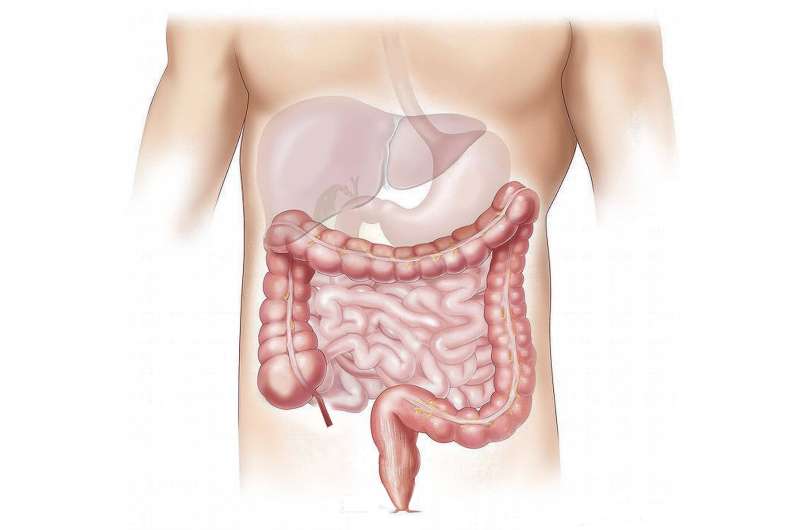Link Between Blood Vessel Dysfunction and Muscle Wasting in Cancer Patients

New research uncovers how blood vessel dysfunction contributes to muscle wasting in cancer, pointing to potential new treatments to improve patient strength and outcomes.
A recent study from the University of Illinois Chicago has highlighted a significant connection between impaired blood vessel function and muscle wasting, known as cachexia, in cancer patients. The research suggests that poor blood vessel health within muscles contributes to weakness and weight loss commonly seen in metastasis and advanced stages of cancer.
Blood vessels are essential not only for delivering nutrients and oxygen to muscles but also for maintaining overall organ health. The study utilized high-resolution 3D microscopy in animal models of various cancers, including pancreatic, colon, lung, and melanoma. Findings revealed that muscles affected by cachexia had fewer and less healthy blood vessels, alongside reduced muscle mass and thinner fibers, resulting in diminished strength.
Further analysis showed that endothelial cells lining the blood vessels in cachectic muscles exhibited signs of aging, increased leakiness, and higher rates of cell death. A key molecule called activin A was found to be elevated in these endothelial cells, which suppressed the expression of PGC1α, a protein vital for blood vessel health and muscle integrity. Restoring PGC1α levels improved blood vessel function and muscle strength, indicating a potential therapeutic target.
The research highlights that vascular dysfunction plays a critical role in the progression of cachexia, and addressing this could help improve muscle function and patient outcomes. Currently, there are no FDA-approved treatments specifically targeting cachexia, and conventional approaches like nutrition and exercise often fall short. Future therapies aimed at modulating activin A and PGC1α levels in blood vessels are promising avenues for combating muscle wasting in cancer patients.
Understanding the role of blood vessels in muscle health opens new pathways for treatment, with the potential to enhance quality of life and survival rates among cancer sufferers. The study emphasizes that maintaining healthy vasculature is crucial in preventing and potentially reversing muscle wasting associated with cancer.
Stay Updated with Mia's Feed
Get the latest health & wellness insights delivered straight to your inbox.
Related Articles
Influence of Sociodemographic Factors and Treatment Timing on Amblyopia Outcomes
Early detection and treatment adherence, influenced by sociodemographic factors, are vital for successful amblyopia management and reducing health disparities among children.
The Impact of Hospital and Insurer Disputes on Patient Care
Recent disputes between hospitals and insurers are leading to delays and confusion for patients seeking vital care. Rising costs and hospital mergers are fueling more disagreements, putting patient access at risk. Learn how you can navigate these challenges.
The Role of Fetal Autopsies in Preventing Stillbirths and Addressing Society’s Blame
Fetal autopsies are essential for understanding and preventing stillbirths but are underutilized and wrongly used to blame mothers, especially in criminal cases. Improving access and expertise is key to better outcomes.
Advanced Genomics Enhances Detection of Difficult-to-Identify Diarrheal Infections
A comprehensive study from the University of Liverpool uses cutting-edge genomics techniques to improve detection and understanding of challenging diarrheal infections, promising better diagnostics and targeted treatments.



